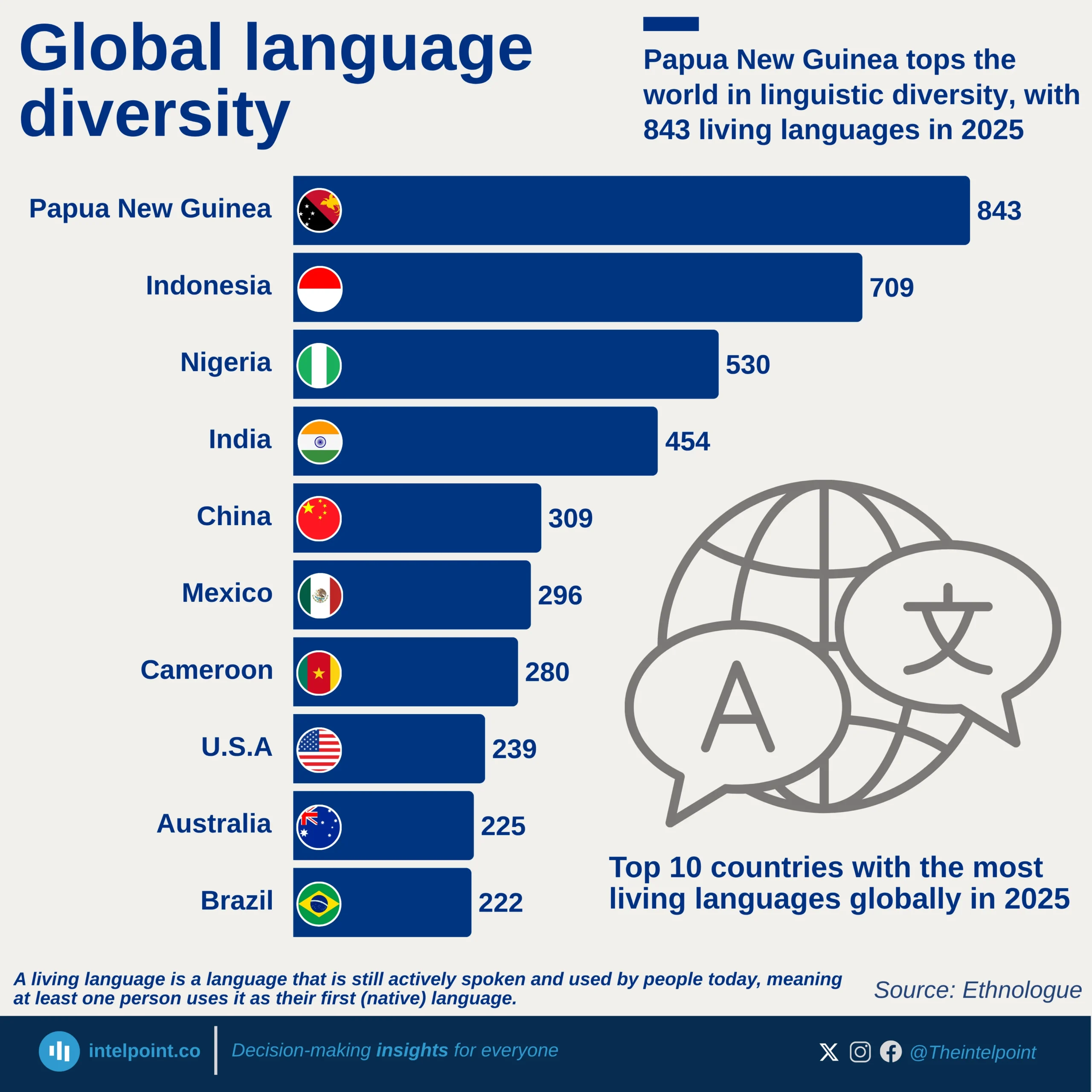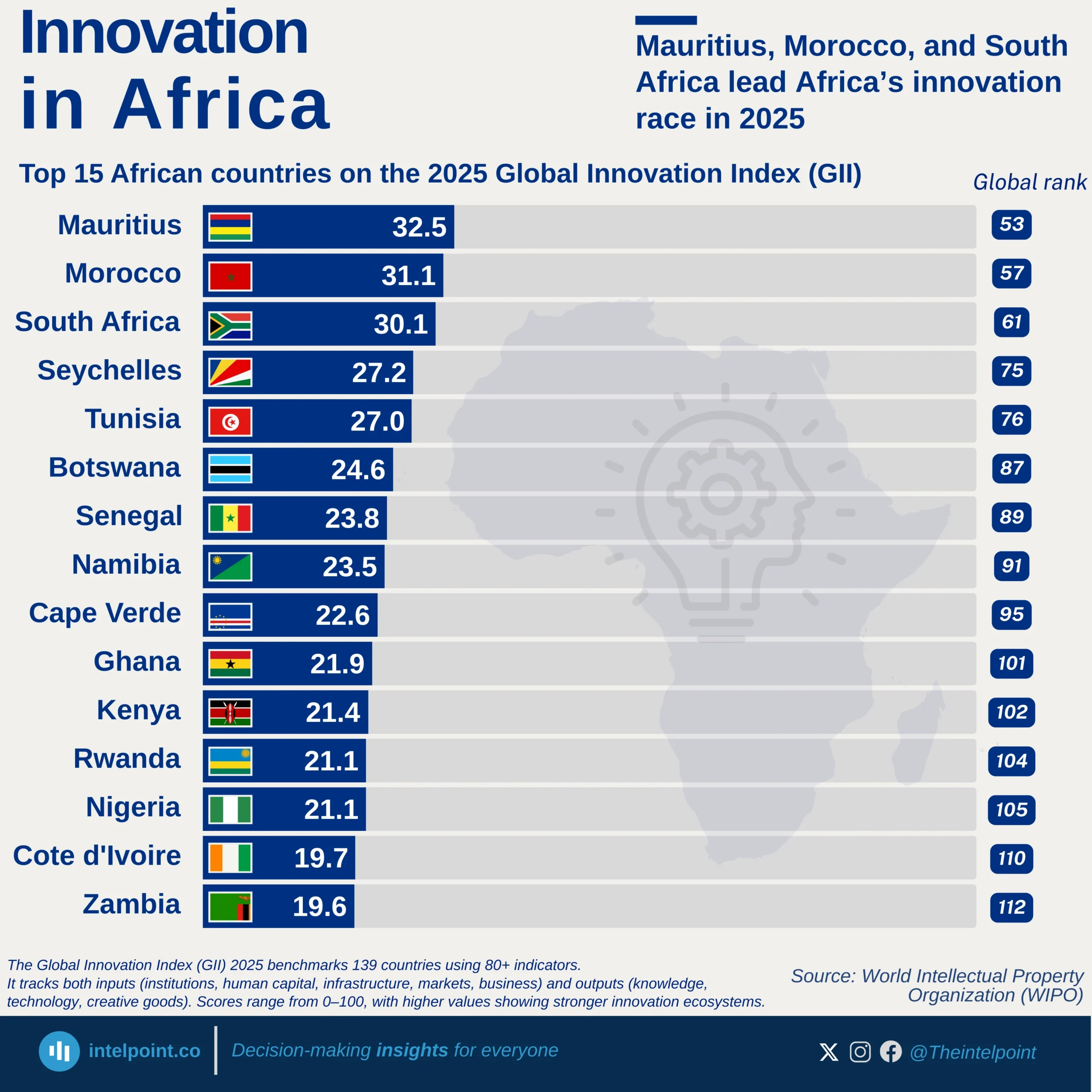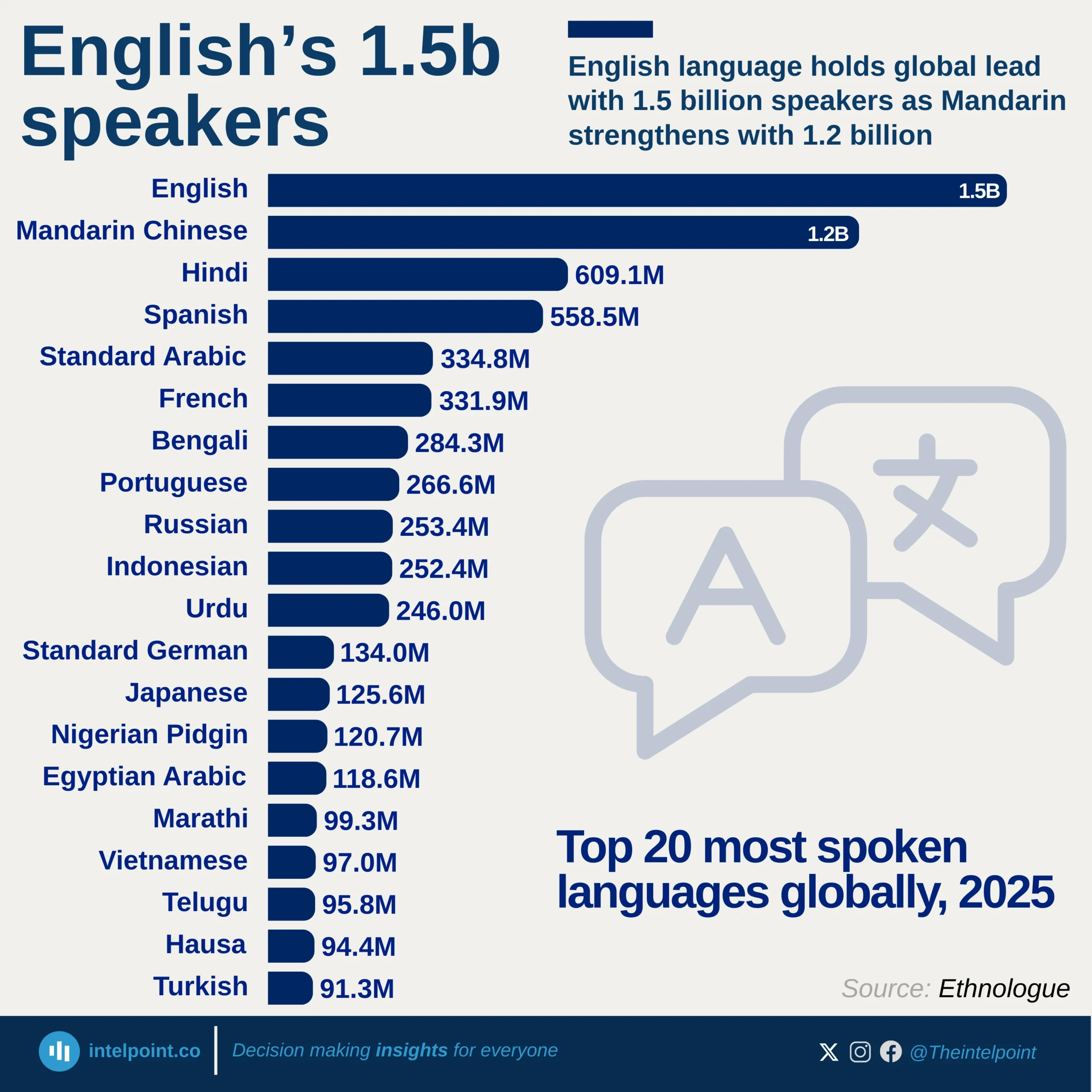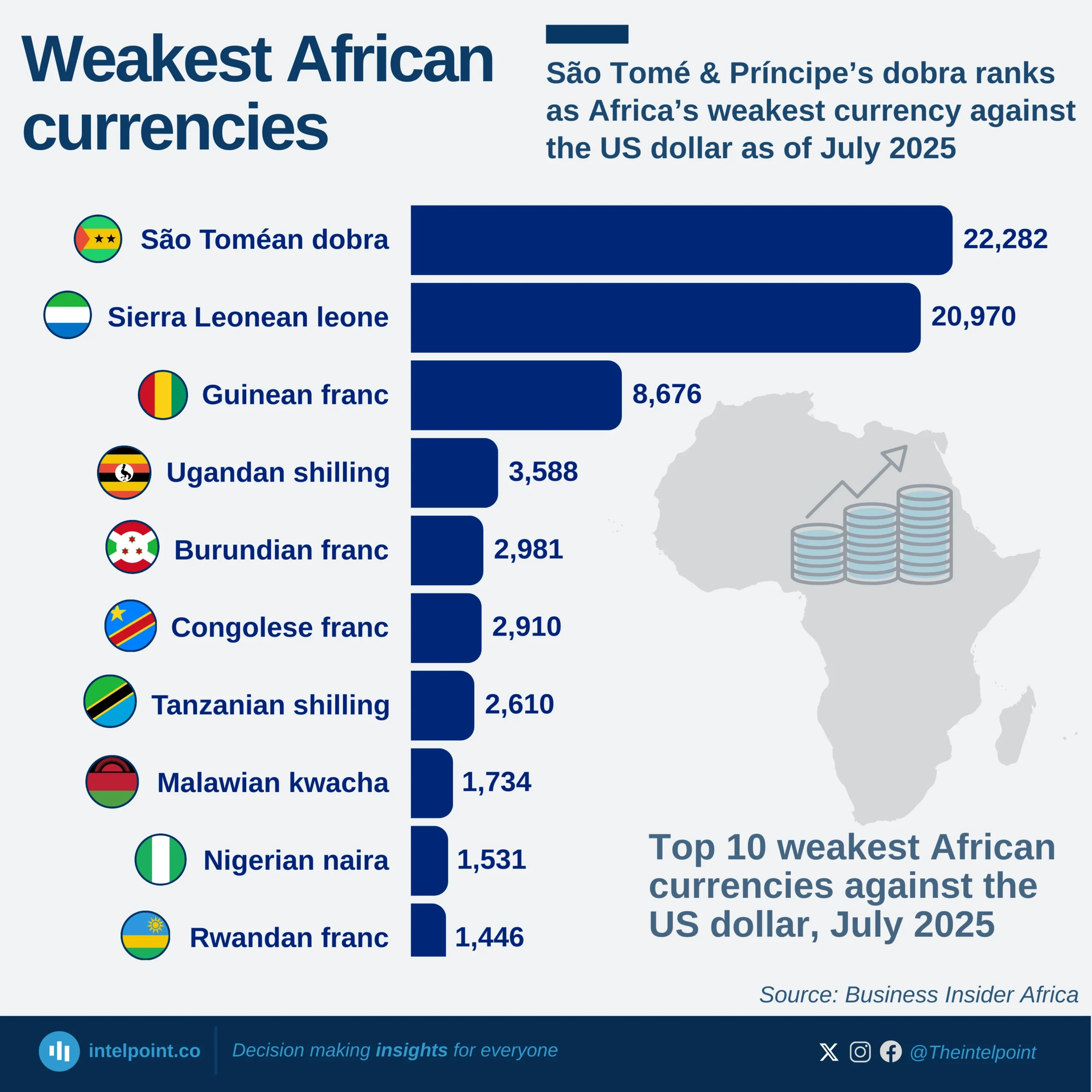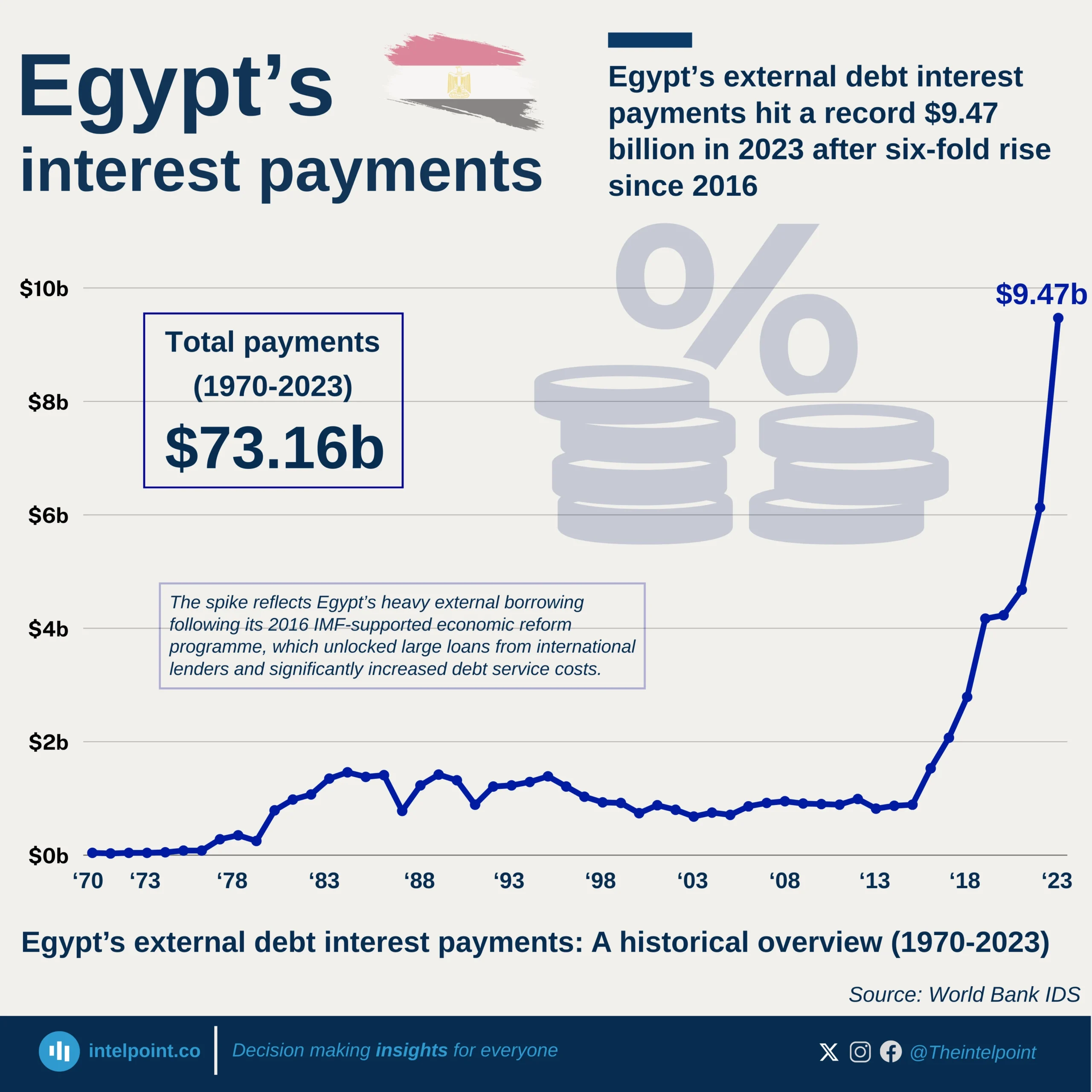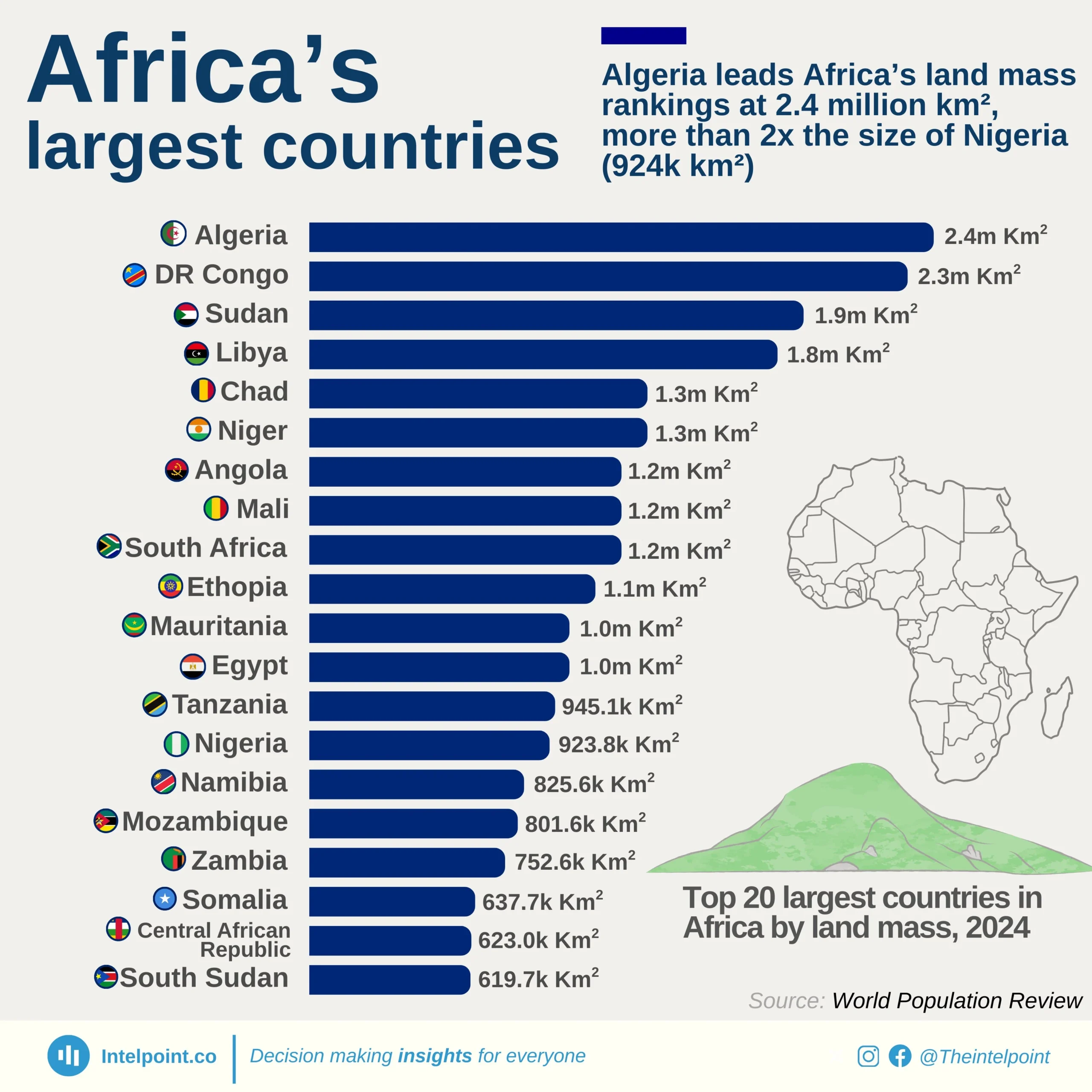Countries like Norway and South Africa are leading in the engagement of online gambling 30% participation among internet users aged 16 and above. Nigeria ranks above countries like the U.K. and Australia, with 19.0% of its online population engaging in online gambling as of September 2024. Notably, five European countries (Norway, Greece, Hungary, the United Kingdom, and Austria) make the top ten list, indicating high online gambling engagement in the continent.
Nigeria’s leap ahead of traditionally gambling-heavy countries like the U.K. (17.9%) shows how mobile accessibility and sports enthusiasm are shaping online activity. In cities like Lagos and Port Harcourt, betting shops have evolved into digital platforms that fit seamlessly into the everyday mobile habits of young adults. The convenience of apps, combined with the growing influence of international football, has driven significant traction in the online gambling space, especially among youths aged 18 to 35.
